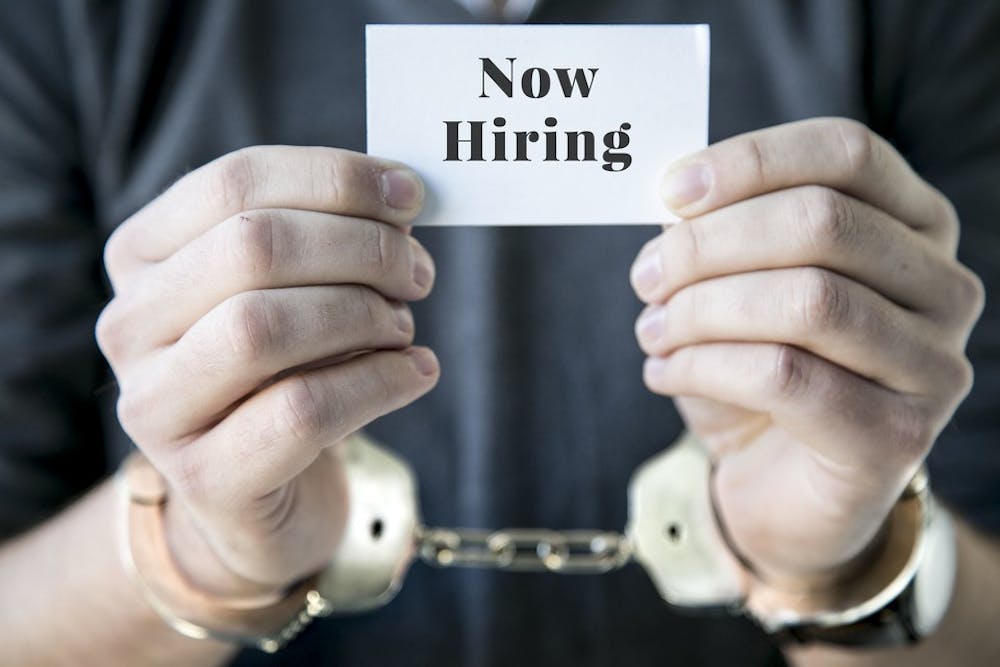On an unseasonably warm January night some 30 years ago, Etta Alexander returned to her mobile home after her shift at the A & B Cafe in downtown Winchester, Indiana. A light snow was falling when two men, carrying out a $4,000 murder-for-hire plot, entered Alexander’s trailer. Alexander was shot and killed, her home doused with kerosene and then set on fire.
Today, one of the men convicted in the plot, Jason Buie, works as a part-time contract faculty member in Ball State’s computer science department. He maintained his innocence throughout the trial and continues to do so today.
Although criminal records like this raise questions for university hiring managers and human resources personnel, policies and procedures at Ball State and other Indiana universities contend that a criminal conviction cannot immediately disqualify a job candidate.
While some experts say there is no crime too great to disqualify someone from working at a university, others would say hiring officials would be better off excluding those with a violent past. However, in Indiana little guidance is given about what to consider when hiring an ex-convict.
Additionally, federal law states employers cannot exclude job applicants with a criminal past simply because of their convictions.
This complex situation raises some questions: if there is a line in the sand, what is it? What responsibilities do hiring managers have to students, employees and the applicant? What crimes are too great to disqualify someone from employment at a university?
For the full story, click the button below:





The Daily News welcomes thoughtful discussion on all of our stories, but please keep comments civil and on-topic. Read our full guidelines here.